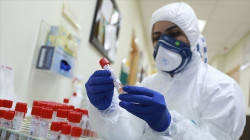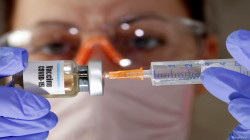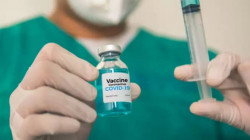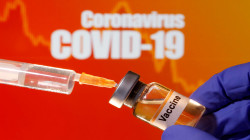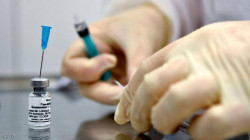The Guardian: scientists worry about Russia's Covid-19 vaccine
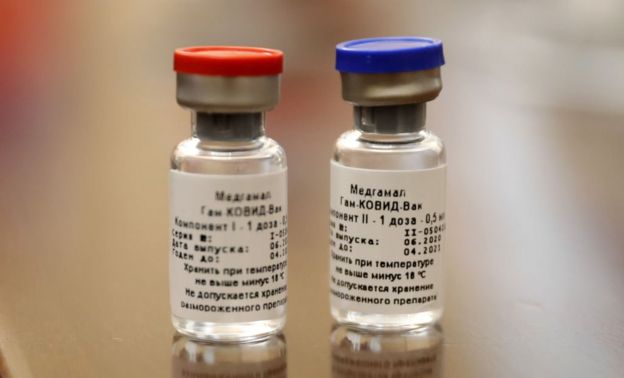
Shafaq News/ In recent weeks, as announcements on the development of scores of vaccines around the world have come in rapid succession, the still poorly understood mechanisms of ADE have been thrust into the spotlight as scientists speculate on whether vaccine-produced antibodies could trigger this effect.
According to the Guardian, ADE “is a genuine concern”, Kevin Gilligan, a virologist and senior consultant with Biologics Consulting, told Nature Biotechnology in June. “Because if the gun is jumped and a vaccine is widely distributed that is disease-enhancing, that would be worse than actually not doing any vaccination at all.”
This week, following Russia’s announcement that it is pushing ahead with mass production of Sputnik V and mass inoculation, the fears expressed by the likes of Gilligan became a chorus, underlining the concerns among scientists that Russian researchers have jumped the gun.
Russia has described claims that the vaccine is unsafe as groundless, and on Wednesday vowed to roll it out in two weeks. But criticism has continued to build.
Among those mentioning ADE as a concern was Danny Altmann, a professor of immunology at Imperial College. He said “I don’t think the Russian researchers have done anything wrong, but I think they’ve jumped the gun.”
He told the Guardian. “If we are talking about safety then you have to be looking at issues like ADE, which was a concern that scupper some efforts to develop a SARS vaccine, where it exacerbated an asthma-like response in lungs.”
It is not just the potential for issues such as ADE that concerns people like Altmann, who is optimistic that the hunt for a vaccine for Covid-19 is not “intractable”. He said the ideal approach would have been to compare 150 or so different vaccine candidates transparently, using the same testing criteria, to ensure the world gets the best vaccine, not simply the first.
“No two of these candidates is going be alike in terms of safety, how effective they are or how cheap they are to produce,” he said. “The reason we’re crying out for transparency and peer review is that those factors are very serious. There have been too many debacles in this pandemic. This is not another occasion to blunder in. You want to line up the candidates side by side.”
The lack of effective testing throws up other issues. “I think there is enough general background data … to assume the [Russian] vaccine itself will be safe at the usual doses,” Ian Jones, a professor of virology at the University of Reading, said in a statement posted on the Science Media Centre website. “The bigger risk, however, is that the immunity generated is not sufficient to give protection, leading to continued virus spread even among immunized individuals.
Even before Russia’s announcement, some were warning about accelerated vaccine development programs in Russia and in the US. In an opinion piece for the New York Times, Natalie Dean, an assistant professor of biostatistics at the University of Florida, flagged up
many of the same issues, adding that she would hesitate to take a vaccine that appeared to have been rushed through without proper testing.
